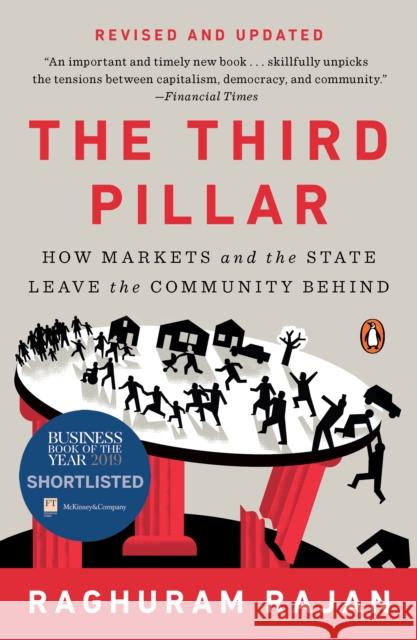The Third Pillar: How Markets and the State Leave the Community Behind » książka
topmenu
The Third Pillar: How Markets and the State Leave the Community Behind
ISBN-13: 9780525558330 / Angielski / Miękka / 2020 / 464 str.
Kategorie:
Kategorie BISAC:
Wydawca:
Penguin Books
Język:
Angielski
ISBN-13:
9780525558330
Rok wydania:
2020
Ilość stron:
464
Waga:
0.36 kg
Wymiary:
21.34 x 13.46 x 2.79
Oprawa:
Miękka
Wolumenów:
01
Dodatkowe informacje:
Bibliografia











